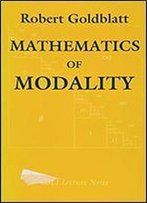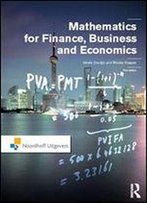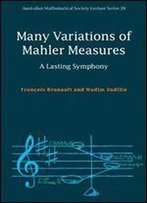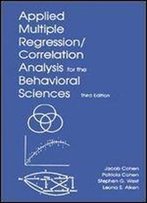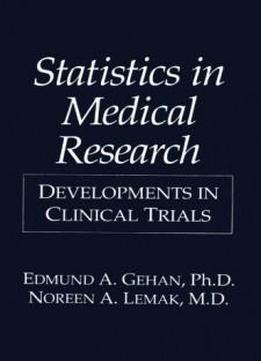
Statistics In Medical Research: Developments In Clinical Trials
by E.A. Gehan /
2012 / English / PDF
5.2 MB Download
In 1890, General Francis A. Walker, president of both the
Massachusetts Institute of Technology and the American Statistical
Association, wrote There is reason to wish that all citizens, from
the highest to the lowest, might undergo so much of training in
statistics as should enable them to detect the errors lurking in
quantitative statements regarding social and economic matters which
may ... be ad dressed to them as voters or as critics of public
policies. [E A. Walker, 1890; reprinted in Noether, 1989] It has
been more than a century since Walker stated his wish, but progress
has been slow, just as advancement in the establishment of
statistical principles and methodology has been laborious and
difficult over the centuries. We have tried to describe the
milestones in this development and how each generation of
scientists built on the heritage and foundations laid by their
predecessors. Many historians dismiss the "great man theory," which
alleges that giant "leaps of human knowledge are made by great
thinkers who transcend the boundaries of their times; great
scientists don't leap outside their time, but somewhere else in
their own time" (Hevly, 1990). We found this to be the case in the
history of statistics. Even the innovative writings of Karl Pearson
and Sir Ronald Fisher that became the foundation of modern
mathematical statistics were the outcome of two centuries of
antecedent ideas and information.
In 1890, General Francis A. Walker, president of both the
Massachusetts Institute of Technology and the American Statistical
Association, wrote There is reason to wish that all citizens, from
the highest to the lowest, might undergo so much of training in
statistics as should enable them to detect the errors lurking in
quantitative statements regarding social and economic matters which
may ... be ad dressed to them as voters or as critics of public
policies. [E A. Walker, 1890; reprinted in Noether, 1989] It has
been more than a century since Walker stated his wish, but progress
has been slow, just as advancement in the establishment of
statistical principles and methodology has been laborious and
difficult over the centuries. We have tried to describe the
milestones in this development and how each generation of
scientists built on the heritage and foundations laid by their
predecessors. Many historians dismiss the "great man theory," which
alleges that giant "leaps of human knowledge are made by great
thinkers who transcend the boundaries of their times; great
scientists don't leap outside their time, but somewhere else in
their own time" (Hevly, 1990). We found this to be the case in the
history of statistics. Even the innovative writings of Karl Pearson
and Sir Ronald Fisher that became the foundation of modern
mathematical statistics were the outcome of two centuries of
antecedent ideas and information.





